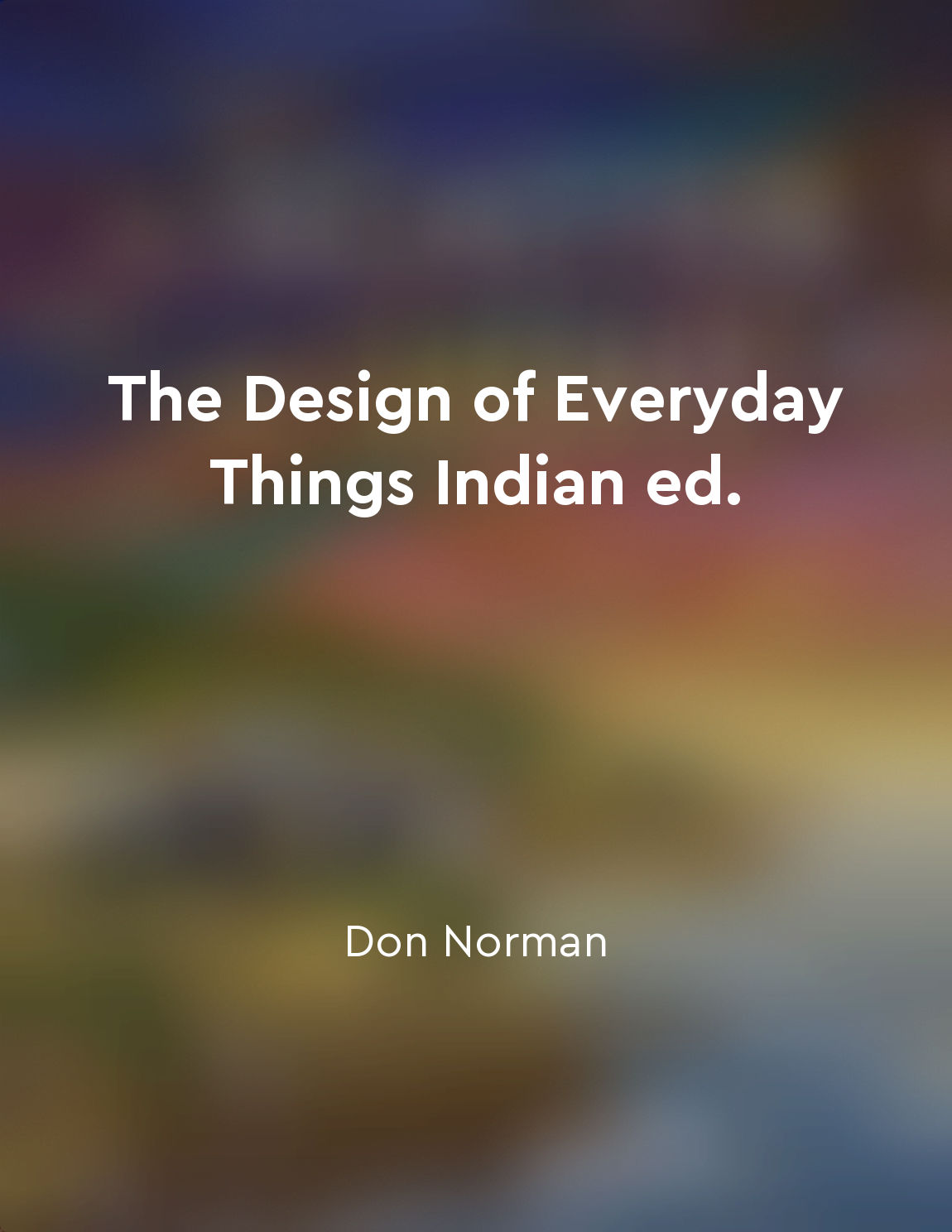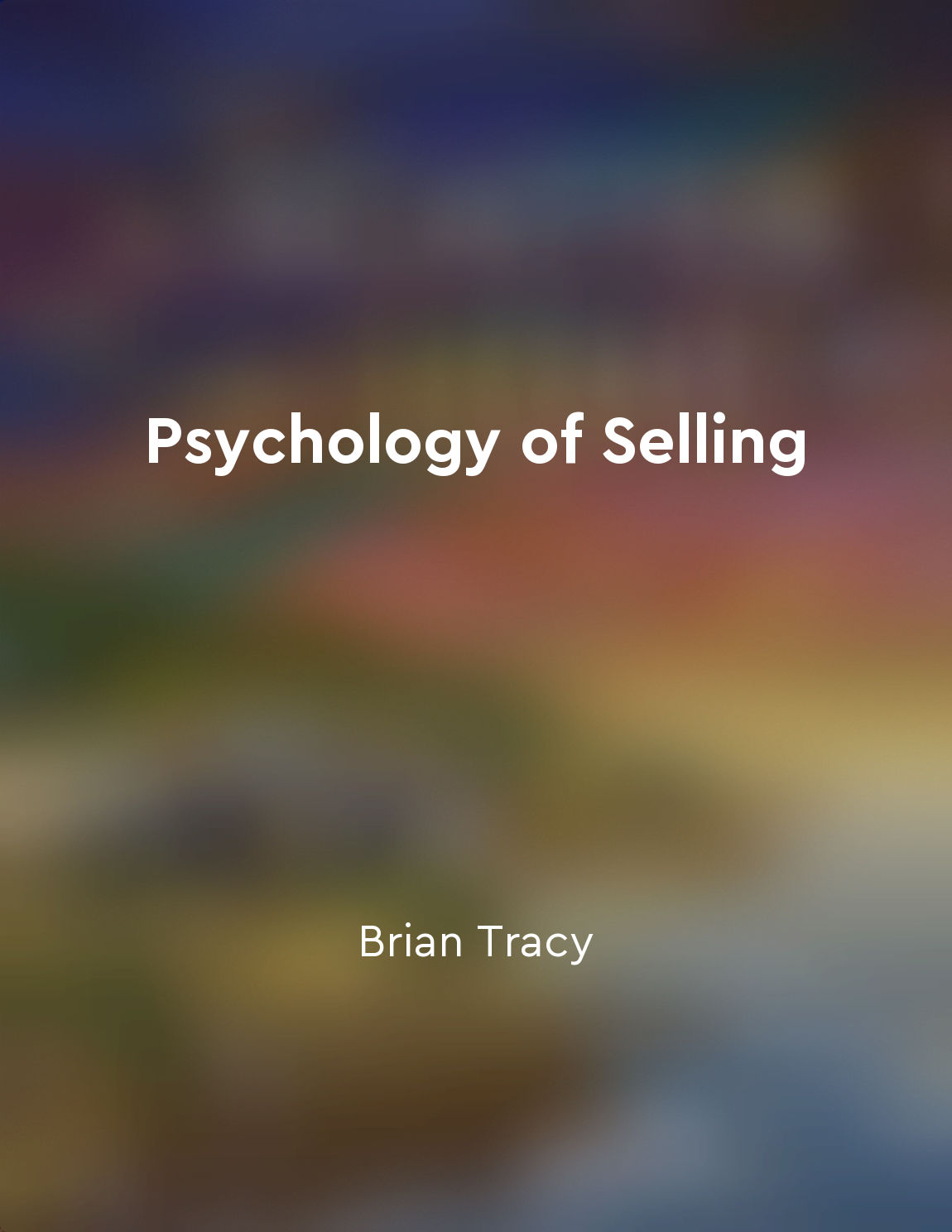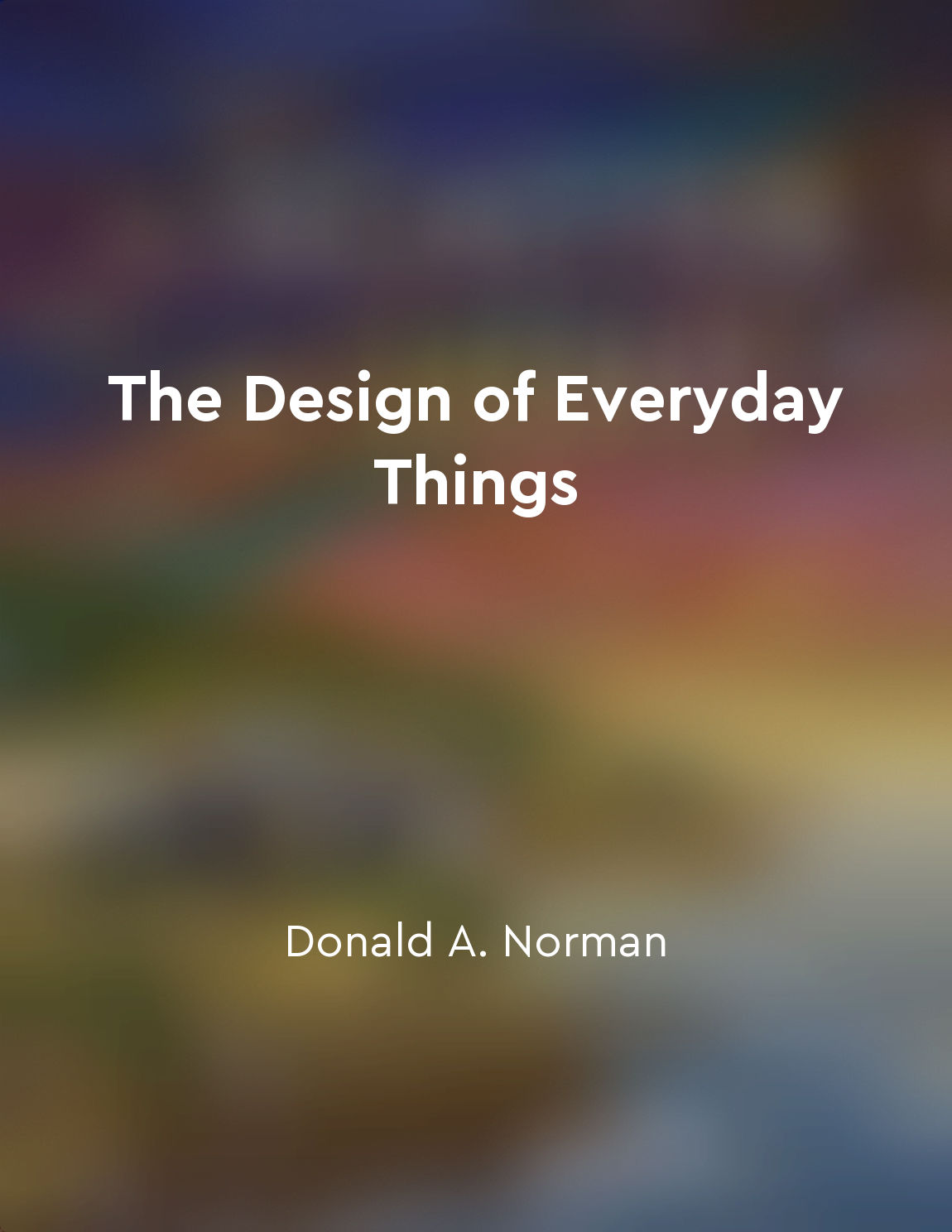Audio available in app
Emotions play a significant role in decisionmaking from "summary" of 100 Things Every Designer Needs to Know About People by Susan Weinschenk
Emotions are not just a byproduct of decision-making; they are an integral part of the process. When we make decisions, our emotions are deeply intertwined with our cognitive processes. Research has shown that emotions play a significant role in shaping our preferences, influencing our judgments, and ultimately guiding our choices. Our emotions can influence how we perceive information, how we evaluate different options, and how we ultimately make a decision. Positive emotions can lead us to take risks and explore new possibilities, while negative emotions can make us more cautious and risk-averse. Emotions can also impact our memory and attention, shaping what information we focus on and how we remember it. Emotions can also serve as a valuable signal, providing us with important information about our environment and helping us to make sense of complex situations. For example, feeling anxious in a risky situation can alert us to potential dangers and prompt us to take protective actions. Emotions can guide us towards decisions that align with our values, goals, and desires, helping us to make choices that are in line with our true selves. Designers need to understand the role of emotions in decision-making to create experiences that resonate with users on an emotional level. By tapping into users' emotions, designers can create products and services that not only meet users' functional needs but also fulfill their emotional desires. Designers can use emotional design principles to evoke specific emotions in users, creating experiences that are memorable, engaging, and meaningful. Incorporating emotional design elements into products and services can help designers establish a stronger connection with users, foster brand loyalty, and drive user engagement. By understanding the complex interplay between emotions and decision-making, designers can create experiences that are not only functional and usable but also emotionally compelling and satisfying.Similar Posts
Emotionally intelligent individuals are better at handling difficult situations at work
Emotionally intelligent individuals possess a set of skills that enable them to navigate challenging situations in the workplac...

The importance of feedback loops
Feedback loops are crucial in the design of everyday things. They provide users with information about the results of their act...

Moral principles guide ethical decision making
When faced with ethical dilemmas, individuals often rely on moral principles to guide their decision making. These moral princi...
Adapting to new design trends and techniques
Adapting to new design trends and techniques is a crucial aspect of staying relevant and competitive in the ever-evolving world...
Establish user habits early in product usage
Establishing user habits early in the product usage is crucial for creating long-term engagement. By getting users to form habi...

Overcome objections with confidence
When you encounter objections while selling, it is crucial to handle them with confidence. Your level of confidence can make a ...

Feedback should be immediate and clear
Immediate feedback is crucial for effective communication between humans and machines. When a user interacts with a system, the...
Life is a journey of selfdiscovery
Montaigne explores the idea that life is a journey of self-discovery through his contemplative and introspective essays. He del...

Invest in ongoing education and skill development
To stay ahead of the curve in today's fast-paced and ever-changing business landscape, professionals must prioritize continuous...
Collaboration fosters diverse perspectives
When people from diverse backgrounds come together to collaborate, they bring with them a variety of perspectives, experiences,...
